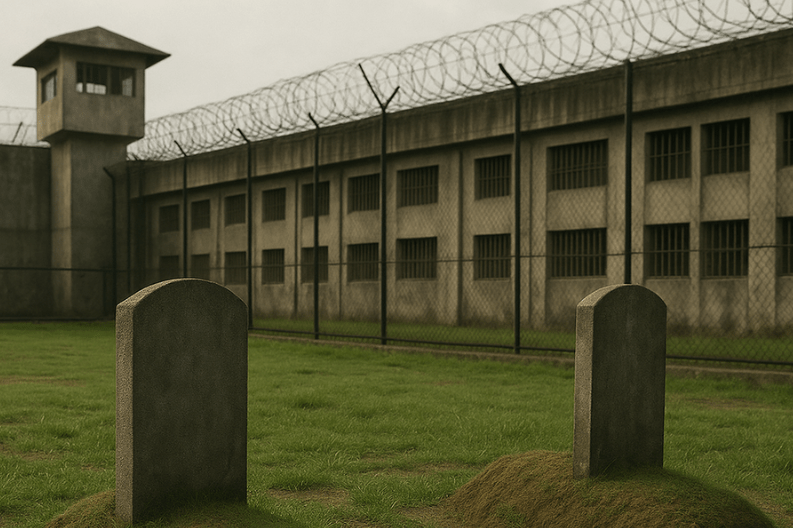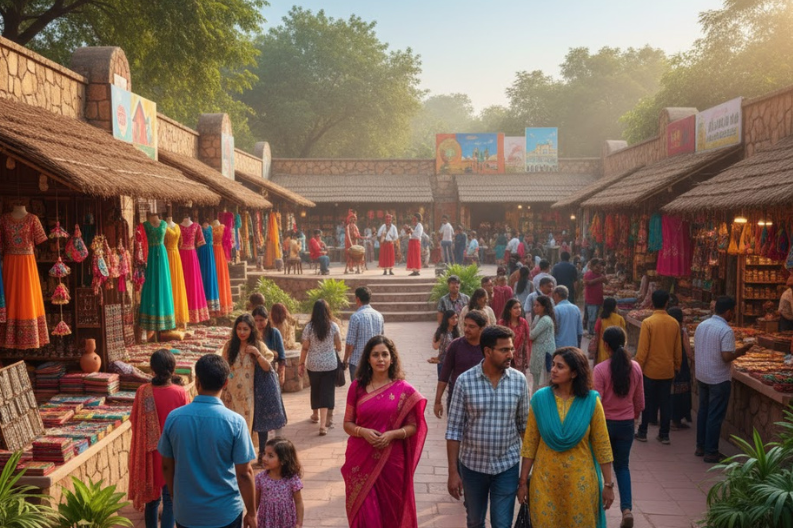New Delhi: A sensitive debate has started over terrorist graves in Tihar jail, where Mohammad Afzal Guru and Mohammad Maqbool Bhat were buried after their executions. Afzal Guru was hanged in February 2013 for his role in the 2001 Parliament attack. Meanwhile, Maqbool Bhat faced execution in February 1984 after the abduction and killing of diplomat Ravindra Mhatre in the UK. Since both had links to terrorism in India, their graves inside Tihar have become the focus of a legal case.
Recently, Vishwa Vedic Sanatan Sangh and activist Jitendra Singh filed a petition. They argued that these graves could turn the jail into a “radical pilgrimage site.” The case reached Chief Justice DK Upadhyay and Justice Tushar Rao Gedela. However, the judges stressed that such matters fall under the government’s authority. Moreover, they clarified that no law blocks burial or cremation inside prisons.
The court further noted that the Delhi Municipal Corporation (DMC) Act does not classify these graves as a public nuisance. In addition, the judges reminded that the government chose jail burials for security reasons. They also warned that disturbing the graves after so many years may not be wise. As a result, the bench asked the petitioner to provide data showing that people visit the jail to glorify the executed terrorists.
Manoj Sinha, lawyer for the petitioners, argued that the Delhi Prison Rules 2018 require disposing of bodies in ways that stop glorification. He insisted the graves violated these rules. Nevertheless, the bench pressed him for proof. They asked, “You say people go there as a pilgrimage. Where is the data?” Since he lacked evidence, Sinha withdrew the petition but reserved the right to file again if he collects reliable data.
This issue highlights the ongoing tension between security, law, and public memory. On one hand, jail burials prevent large gatherings that could spark unrest. On the other hand, critics worry that even hidden graves may inspire extremist sympathy. Consequently, experts argue that India must establish clear rules on handling executed terrorists’ remains.
In the end, the debate over terrorist graves in Tihar jail shows India’s broader challenge in balancing justice, security, and sensitivity toward history. Although courts can guide the discussion, strong laws and careful government action will decide the long-term outcome.



